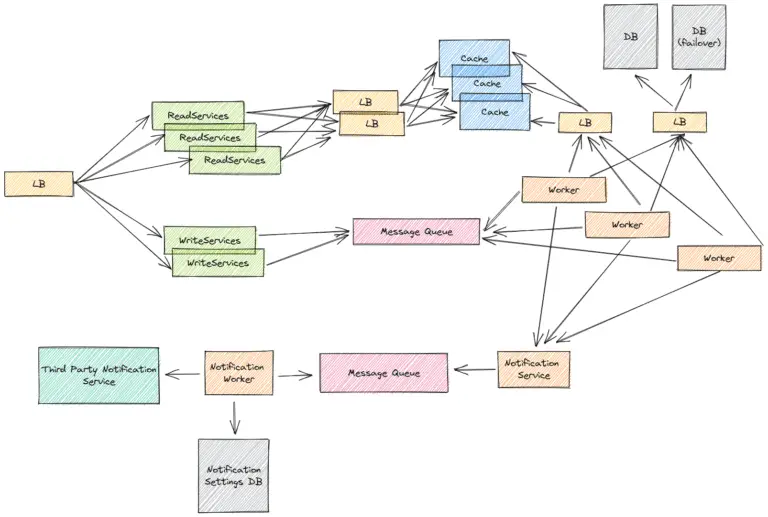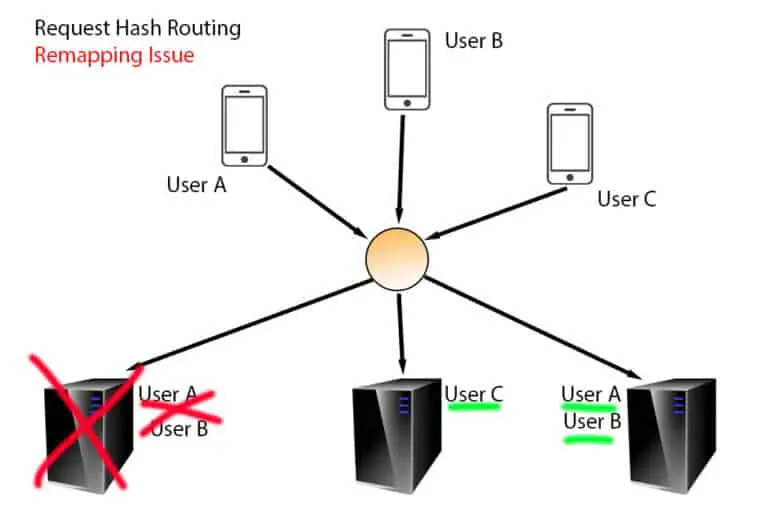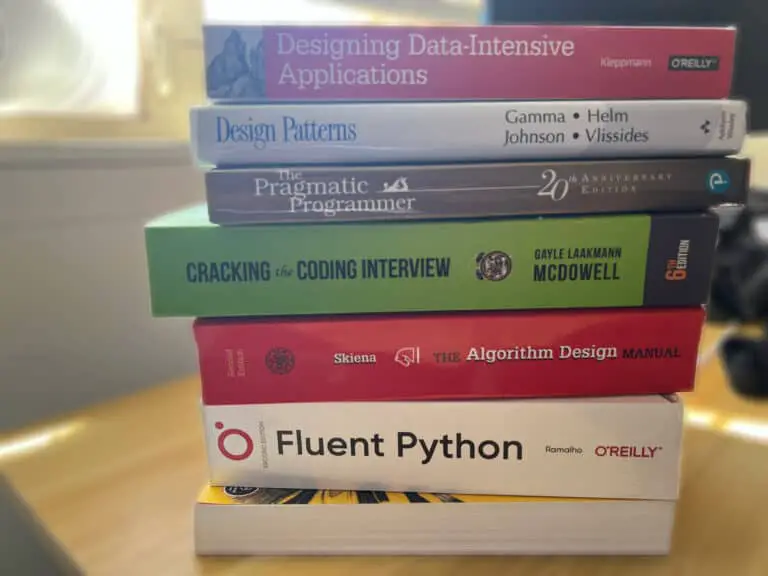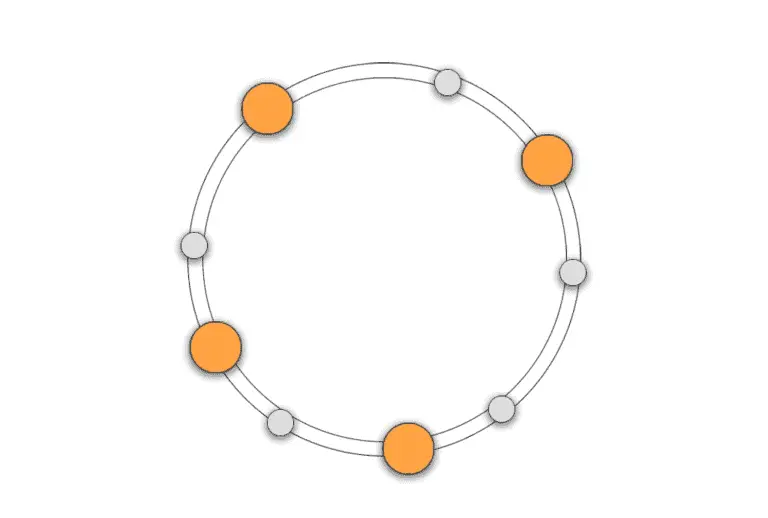Does FAANG Ask System Design Questions During Interviews?
When preparing for FAANG and big tech interviews as a software engineer, you’ll see a lot of preparatory material online about the coding interview. More online information is needed about the system design interview compared to the coding interview.
This fact makes it especially difficult to understand what you need to know to excel during your system design interviews and understand which companies even ask system design interviews.
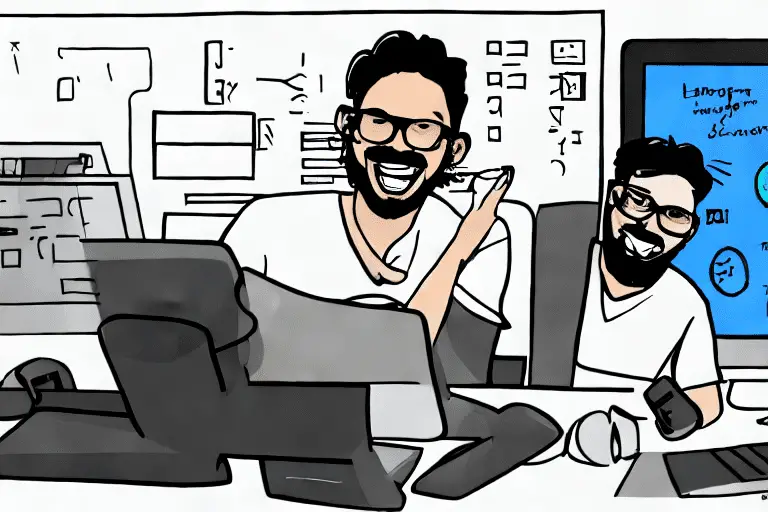
One of the first questions people have about system design is whether FAANG and big tech companies commonly ask system design questions.
Most FAANG and big tech companies will ask you system design interview questions if you’re applying for a mid-level or above software engineering position. Interns, new-graduate, and entry-level software engineers typically aren’t asked system design interview questions.
Why Does FAANG Ask System Design Questions?
FAANG and big tech companies ask system design interview questions to their candidates to assess how well a candidate can think through and come up with an optimal design for an ambiguous problem. This is especially important for the day-to-day job of a software engineer, so system design skills are assessed during the system design interview.
Compared to the coding interview, the system design interview can arguably be a better proxy to measure a candidate’s software engineering competency. This is because it’s very hard to reason through system design problems if you don’t have system design experience compared to LeetCode-style coding interview problems.
People will often talk about memorizing and grinding through LeetCode or coding interview problems, but they can’t do the same for system design interview problems. This is especially the case if your interviewer asks you to solve a unique problem about a specific feature or component of a system their actual team is working on.
Memorizing prior system design solutions won’t help you in this case.
How Important Is The System Design Interview?
The system design interview is important because of its implications for how an engineer would behave on the job. A poor system design interview performance could be indicative of how inexperienced a software engineer is in terms of solving larger-scale system problems.

As a software engineer becomes more and more experienced, they’re going to be expected to have more impactful tasks within their day-to-day role. One way of doing this is by conducting and participating in design reviews for new features and systems that are launching.
Starting at the mid-level software engineering level, you’ll be expected to participate in design reviews to start having influence beyond yourself as a software engineer. The system design interview is used as a proxy for this potential influence.
As a result, the system design interview isn’t only important, but it becomes even more important the more experienced you are as a software engineer. This means that the system design interview expectations for a senior software engineer are significantly higher than for a mid-level software engineer.
This is different than the expectations for coding interviews. In coding interviews, the expectations tend to cap at mid-level or senior-level software engineers where you’re expected to reason through multiple solutions and communicate well.
Is The System Design Interview Easy To Prepare For?
Now that you understand how important the system design interview is in addition to what software engineering levels need to know system design, how easy is the system design interview to prepare for?
Preparing for the system design interview is different from the coding interview in the fact that it’s very difficult to truly understand system design without practical experience. LeetCode-style interview question solutions and patterns can be memorized much more easily than true system design interview problems.

System design interview problems from my experience have always been unique to a specific feature or product a team is working on. As a result, it’s not as easy to just memorize existing patterns and solutions for system design interviews to apply during your own system design interview.
Instead, you’ll need to build a foundation of system design techniques over time through real-world experience, blogs, and other resources in addition to system design interview preparation to be fully prepared for system design interviews.
That said, it’s not impossible to pass the system design interview without real-world system design experience. I passed my interviews with minimal real-world experience, and you can too if you’re willing to learn everything quickly.
Check out this article I wrote about the most important components of system design interviews that you need to study if you want to pass the system design interview. The article basically contains all of the notes that I accumulated during my interview preparation that I wish someone gave to me when I was preparing for system design interviews for the first time.
What Is The Best Way To Prepare For The System Design Interview?
The best way to prepare for system design interviews will depend on your own personal circumstances. It’ll depend on your current system design interview and system design knowledge. It’s important to note that there is a difference between the two skills.

System design knowledge is information about distributed systems that you’ve gathered on the job or through reading distributed system information online. System design interview knowledge is information about the system design interview specifically which generally is about understanding how to drive the system design interview itself (ie what to talk about and how long).
The more experience you are, the more system design knowledge you have. If this is you, then you’ll want to make sure that you put more time and effort into understanding the system design interview so you can apply your knowledge to the interview in a way that gives you the most positive signal toward your evaluation.
If you’re less experienced, you’re likely going to need to study both system design (in general) and the system design interview. That said, it’s important to understand that since you’re less experienced, your system design interview expectations are going to be lower than experienced candidates too.
As a result, it is possible to focus on studying the system design interview more broadly than understanding system design more concretely in practice. That’s not to say that you shouldn’t learn system design more concretely though because you’ll actually use that on the job assuming you get hired (like I mentioned before).

